The Interplay of Sustainability, Premium & Value
What's in a Word?
Since 2009, buzzback has applied creative qualitative techniques and approaches to understanding the nuances of perennial marketing terms such as quality, natural and authenticity.
Premium & Value
After looking at how consumers define and associate with Quality, Value, and Premium, a key learning was that Value is an intrinsic part of Premium — consumers expect that Premium delivers the product benefits at a price they deem fair.
Sustainability
A complex subject for consumers to define and understand, buzzback has explored the various dimensions of sustainability globally starting in 2009. We wanted to understand how the findings in these studies might shed light on consumers' associations, emotions, and perceptions of premiums. Conveying both is a brand imperative for many of our clients.

Distinguishable synergies exist
Sustainability, Premium & Value occupy the same territory in 4 ways, with different opportunities and implications for brands.
 Attributes & Benefits
Attributes & Benefits
In the consumer's mind, there is room for Sustainability to signal Premium & Value, and vice-versa. Each can potentially reinforce the other, assuming your brand can deliver.

 Emotional Associations
Emotional Associations
Imagery and open-ended questions convey overlapping intrinsic benefits.

 Social content drives connection
Social content drives connection
Brands continuously tie Premium & Sustainability together in our listening research. Consumers tell us in our research internally and for clients that they are willing to pay a premium for brands that align with their personal values. Brands that use statistics and trackable measures to convey their sustainability credentials are viewed as more authentic.

 Willingness to pay
Willingness to pay
Understanding what mix of functional and emotional benefits correlates to paying a premium for a more sustainable option requires a deep dive. Is it truly cost? Is it inconvenience? Is it a lack of options? Our category-level research demonstrates how the synergy between premium & sustainability plays out.

Premium attributes influence Sustainable choices
To understand which products consumers would be willing to pay more for to minimize their environmental impact, we utilized our Swipe technique, followed by an open-ended question to provide diagnostics. As a whole, the willingness to pay more for a sustainable product was bolstered by the same benefits that consumers associate with premium. It's easier to close the say-do gap when the connection is more discernable.

Premium & Sustainability are not mutually exclusive.
Is there any relationship between what is "premium" and what is "sustainable“. Is something somewhat universal that can provide a guideline or starting point for further research? Our answer, based on our insights gathering, is YES.













